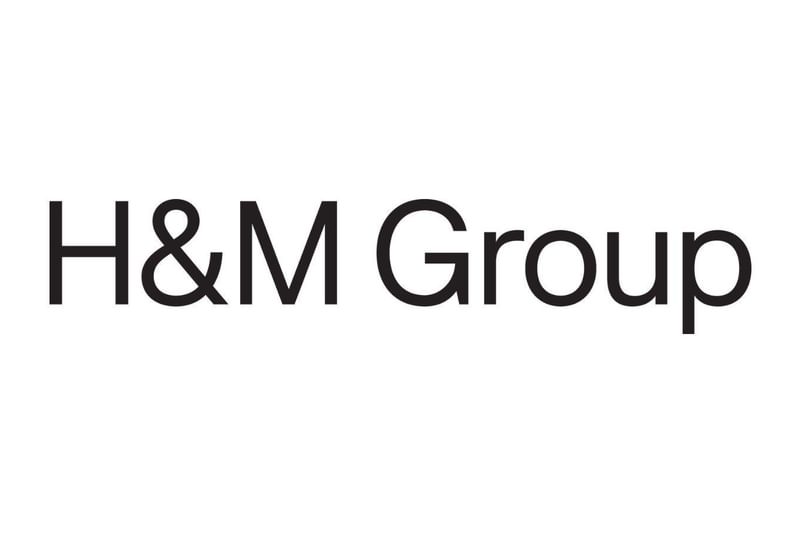
Science-Based Scale-Up: The SBTi celebrates three milestones
Apr 2nd 2024
As more and more corporates set science-based targets aligned with limiting global warming to 1.5°C, the SBTi recently marked three key milestones.
Headlines have been filled with record-breaking air and ocean temperatures, floods and droughts, and the human and economic costs of the accelerating climate crisis. With each passing day, it becomes clearer: we need rapid decarbonization across the entire private sector. And science-based targets are enabling the private sector to respond.
The number of companies and financial institutions setting science-based emissions reductions targets has roughly doubled each year since the first targets were validated by the Science Based Targets initiative (SBTi). Using the SBTi’s cross-sector methods, or one of the growing number of sector-specific resources, more and more corporates are setting science-based targets aligned with limiting global warming to 1.5°C. As the SBTi continues its transformation into an independent entity, it recently marked three key milestones.
1000 Japanese companies with targets
Science-based targets are becoming the norm across many countries, and particularly in Asia. As outlined in the SBTi’s Monitoring Report, Japan had the highest number of companies setting targets in 2022 and now accounts for around one-fifth of all SBTi-validated targets.
The more than 1000 validated targets have been set by Japanese businesses across 46 different sectors. Electrical Equipment and Machinery companies led the charge, followed by Construction and Engineering, Trading Companies and Distributors, Commercial Services and Supplies and Automobiles and Components.
Japan is a notable part of Asia’s upstream value chain, which indicates a forthcoming ripple effect through supplier engagement and scope 3 targets. As a major supplier and exporter, science-based climate action in Japan can have an impact across the entire global economy. As Japanese companies continue to set science-based targets in record numbers, we expect the whole region to continue to be the fastest growing worldwide.
100 Financial Institutions
In 2018, the SBTi launched a project aiming to develop target-setting guidance for the finance sector. After a transparent and robust development process, the initiative launched the Financial Sector Science-Based Targets Guidance in October 2021. Now, more than 100 financial institutions (FIs) have had their targets validated by the SBTi, and another 200+ are committed to do the same in the near future.
As outlined in the Paris Agreement, FIs have a unique opportunity and responsibility to support the transformation to a net-zero global economy. However, much of the potential for the finance sector to use investment and insurance activities to support decarbonization across all economic sectors remains unrealized. The SBTi therefore applauds the first 100 FIs to have their targets validated, and invites FIs worldwide to join the growing list of their ambitious peers in setting science-based targets across their operations and portfolios with the latest climate science.
800 Net-Zero Targets
First released in 2021, the SBTi’s Corporate Net-Zero Standard provides a common, science-based understanding of net-zero. It gives business leaders clarity and confidence that their near- and long-term decarbonization plans are aligned with climate science. In just over two years, more than 800 companies around the world have set science-based net-zero targets through the SBTi. With another 3000+ companies having committed to set net-zero targets in the near future, the SBTi is helping usher in a new era of long-term efforts by the private sector to limit global warming to 1.5°C.
The SBTi recently released minor updates to the Net-Zero Standard to more closely align with the initiative’s growing catalogue of resources. It is available for use now, alongside an updated Corporate Net-Zero Tool, for companies to align both near- and long-term targets with the SBTi’s criteria.
Stay up to date on the latest developments by following the SBTi on LinkedIn, X (formerly known as Twitter) and signing up for our newsletter.
Latest News
View News


